SUMMARY
This is AI generated summarization, which may have errors. For context, always refer to the full article.
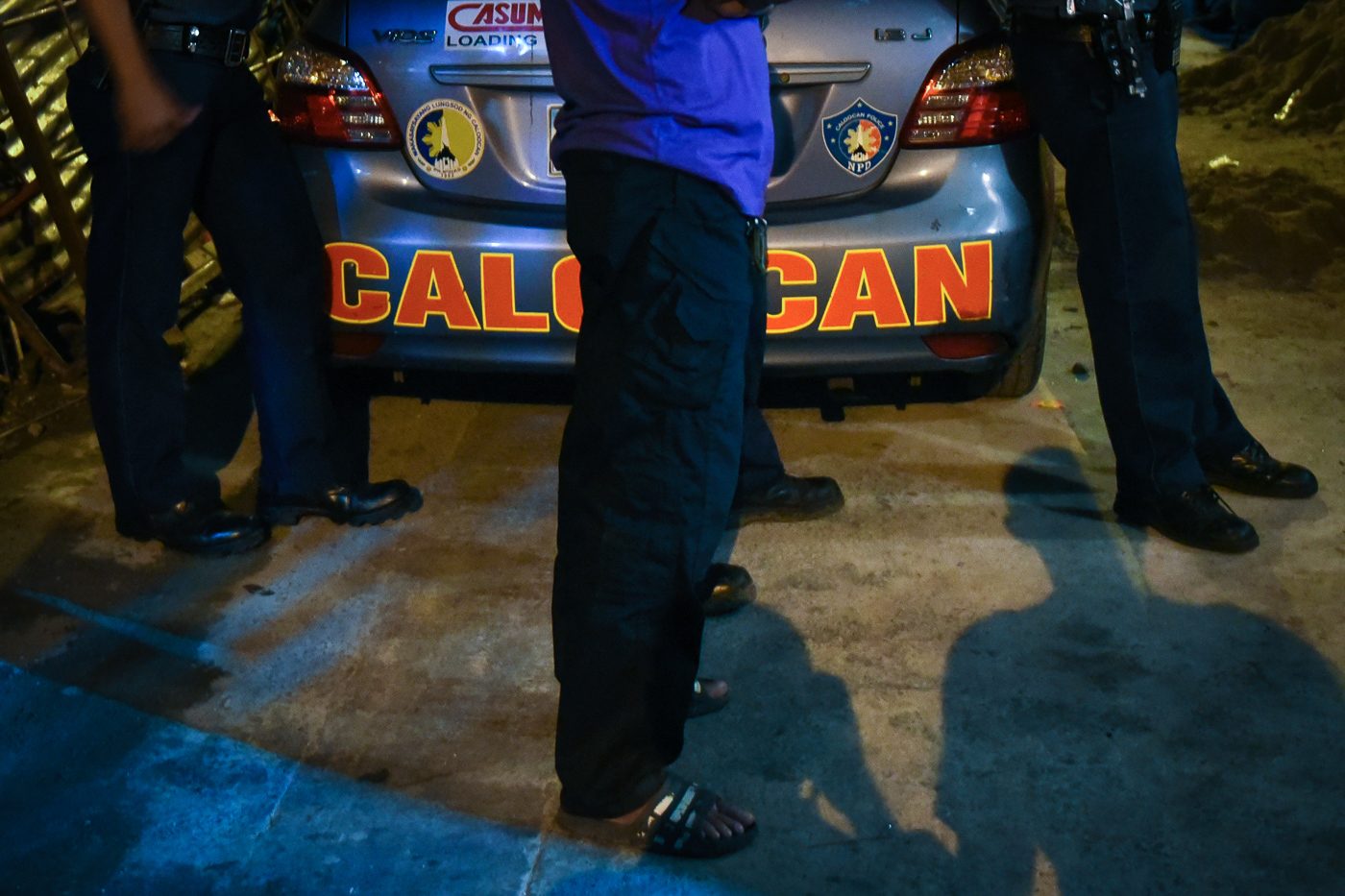
MANILA, Philippines – Oscar Albayalde has been on cloud nine lately.
He was recently named the successor of Philippine National Police (PNP) chief Ronald dela Rosa, sworn into office by President Rodrigo Duterte, and doubled the metal stars on his shoulders – signifying his rank as the sole police director general in the country.
Albayalde “does not owe anyone” his promotion, Duterte said during the PNP’s turnover ceremony. He was appointed solely for his credentials, according to the President.
As Albayalde assumed office on Thursday, April 19, he said in a command conference with Duterte and the PNP’s top brass that the work would continue, including work left unfinished even as Dela Rosa previously extended his term.
Here are 5 challenges that Albayalde now faces as the new PNP chief.
1. The drug trade
A campaign that Dela Rosa spread nationwide from Davao City, Oplan Double Barrel has drawn both unwavering support and fierce criticism.
Under Albayalde, the controversial anti-drug campaign stays.
He said in his first talk with Camp Crame reporters that the campaign has yielded “very good results,” pointing to hundreds of thousands of drug surrenderers and billions of pesos worth of drugs seized in police operations.
But human rights groups see it the other way. They have accused the PNP of haphazardly conducting its campaign and causing thousands of senseless deaths.
It remains to be seen how high the numbers need to soar before the government declares its anti-drug campaign a success, or if the promise to curb the drug trade would be attained under Albayalde’s watch at all.
On tweaking the drug policy to minimize deaths, Albayalde said: “Kung meron tayong makita at ma-improve pa natin, at makita natin na hindi effective ‘yung iba, puwede naman nating palitan ‘yan (If we see that we need to improve something, or if we see that something is not effective, we can change it).”
2. Erring cops
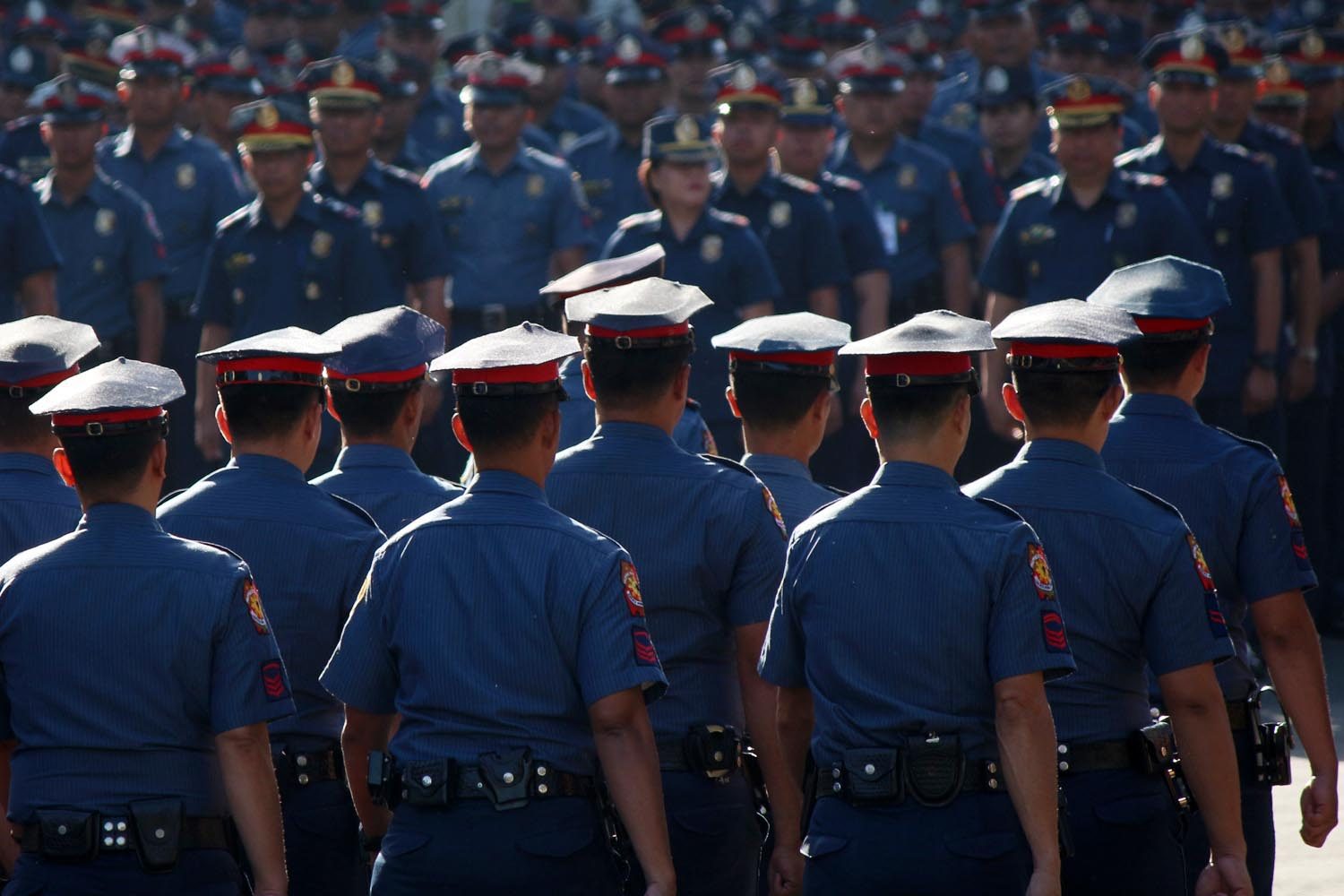
Law-breaking policemen have been major headaches for the PNP. Dela Rosa considers as the lowest points of his term the Camp Crame slay of South Korean Jee Ick Joo, and Senate drug campaign hearings that reduced him to tears twice.
Facing the challenge of “internal cleansing,” Dela Rosa formed the PNP Counter-Intelligence Task Force (CITF). By the end of February 2018, Dela Rosa had fired 398 cops and given over a thousand penalties ranging from temporary suspension to demotion.
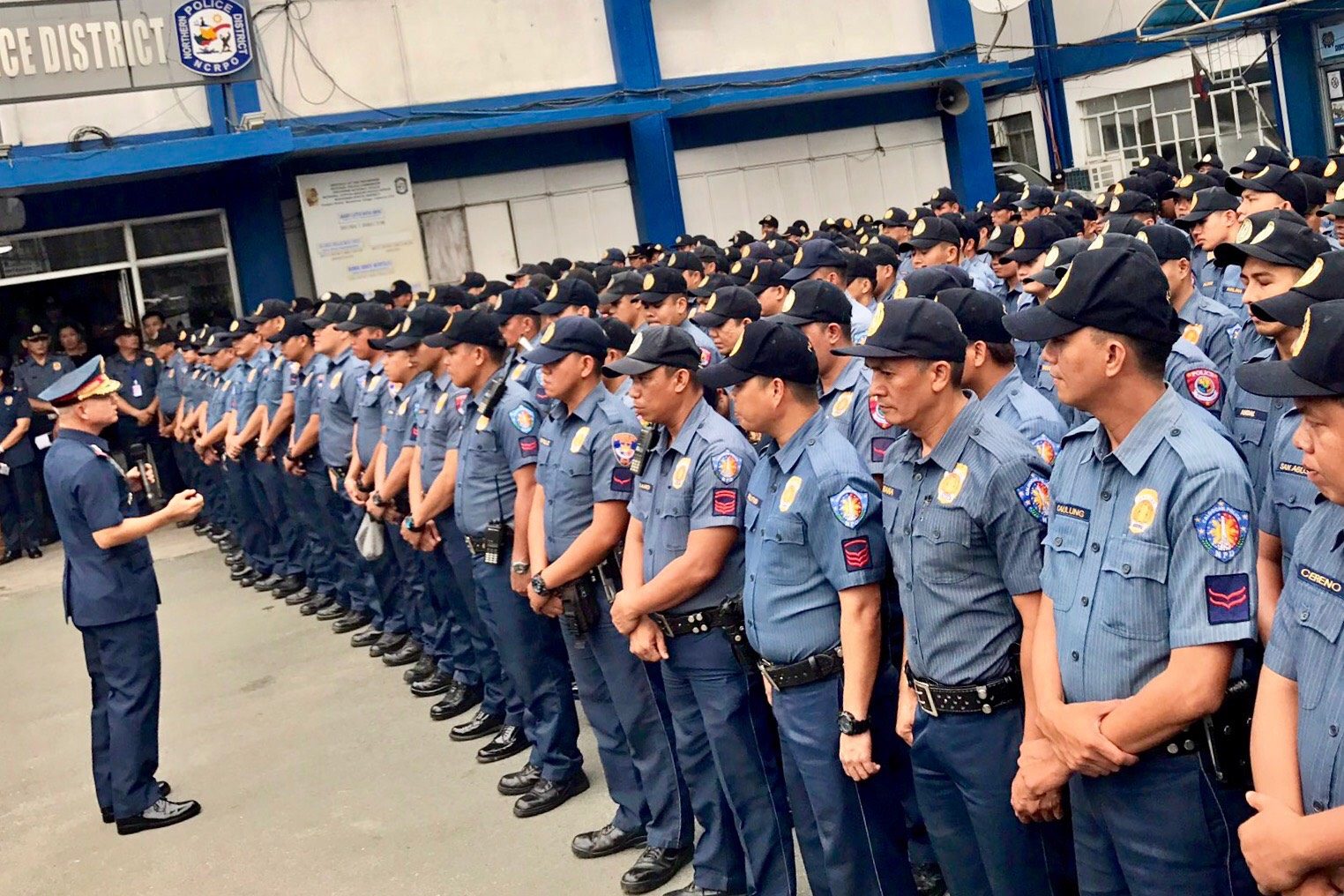
Albayalde is also no stranger to sacking cops. As Metro Manila police chief, he may have set the record for most number of cops sacked in one go after he relieved the entire Caloocan City Police Station over controversial teen killings. He also frequently took his big bike for late-night runs, surprising on-duty cops with inspections. Those who weren’t “snappy,” in police jargon, were either scolded or shown the door.
While Albayalde admitted it’s unlikely that his motorbike rounds will continue now that he’s PNP chief, he expects provincial and city police chiefs to carry on with the practice.
Albayalde has yet to announce whether he will introduce a new “internal cleansing” plan. What’s certain is he will retain the Dela Rosa-created CITF.
3. The SAF allowances mess
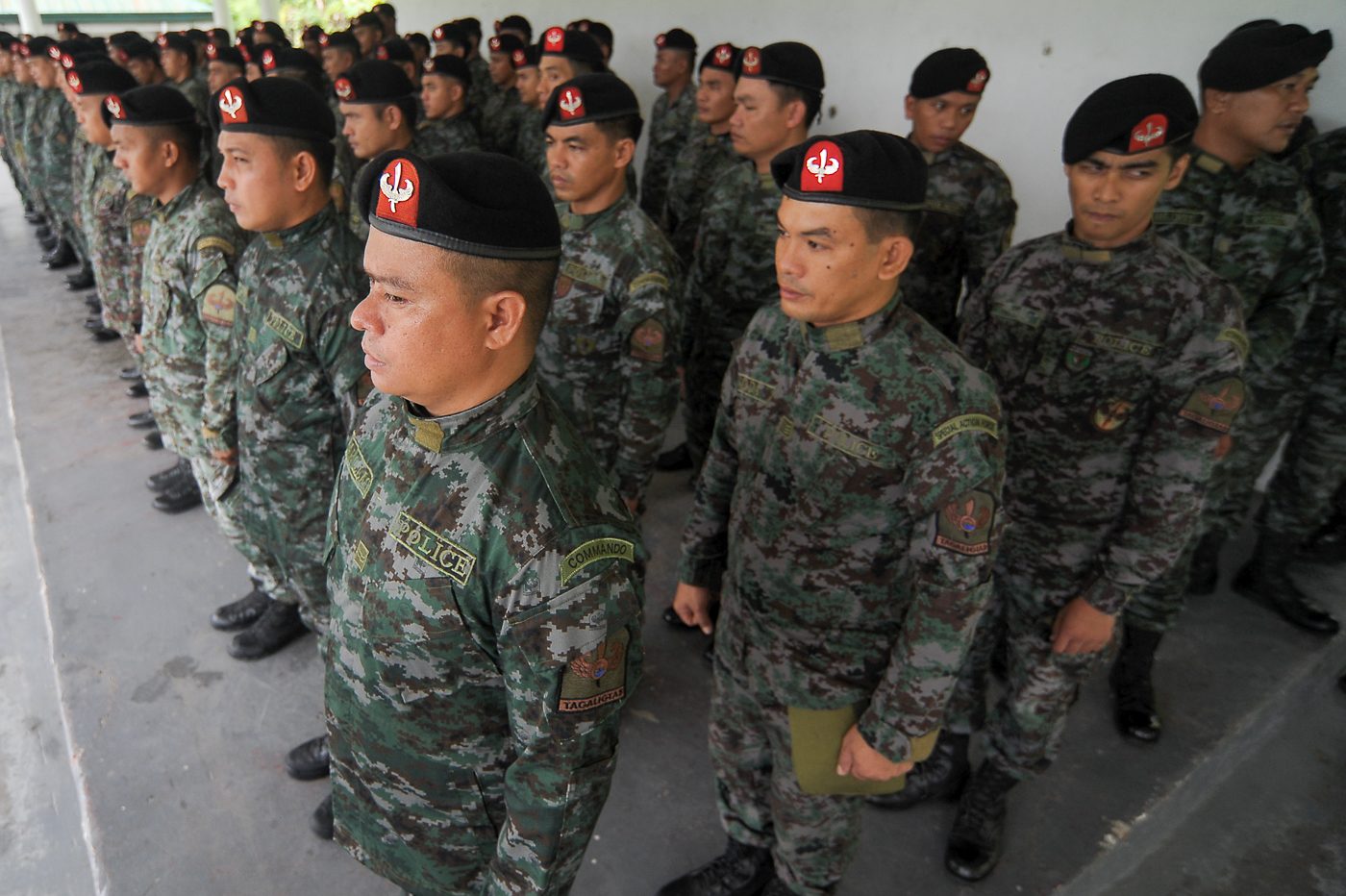
A multimillion-peso controversy welcomed Albayalde as he took over the PNP.
Dela Rosa’s former Special Action Force (SAF) chief Benjamin Lusad and his officers were accused of keeping P59.8 million worth of allowances meant for ground troopers.
Police officials called it a “last touch” controversy for Dela Rosa, referring to battlefield slang where a fighter gets hit just when he is about to go back to base. Department of the Interior and Local Government (DILG) Officer-in-Charge Eduardo Año dubbed it a “litmus test” for Albayalde.
Año, a backer of Albayalde for the top PNP post, stressed that the new PNP chief should make the SAF allowances mess his “first priority.” Albayalde, as Año pointed out, once belonged to the elite force himself.
Albayalde has said that the PNP would cooperate with the Senate probe into the controversy.
4. Terrorism & insurgency
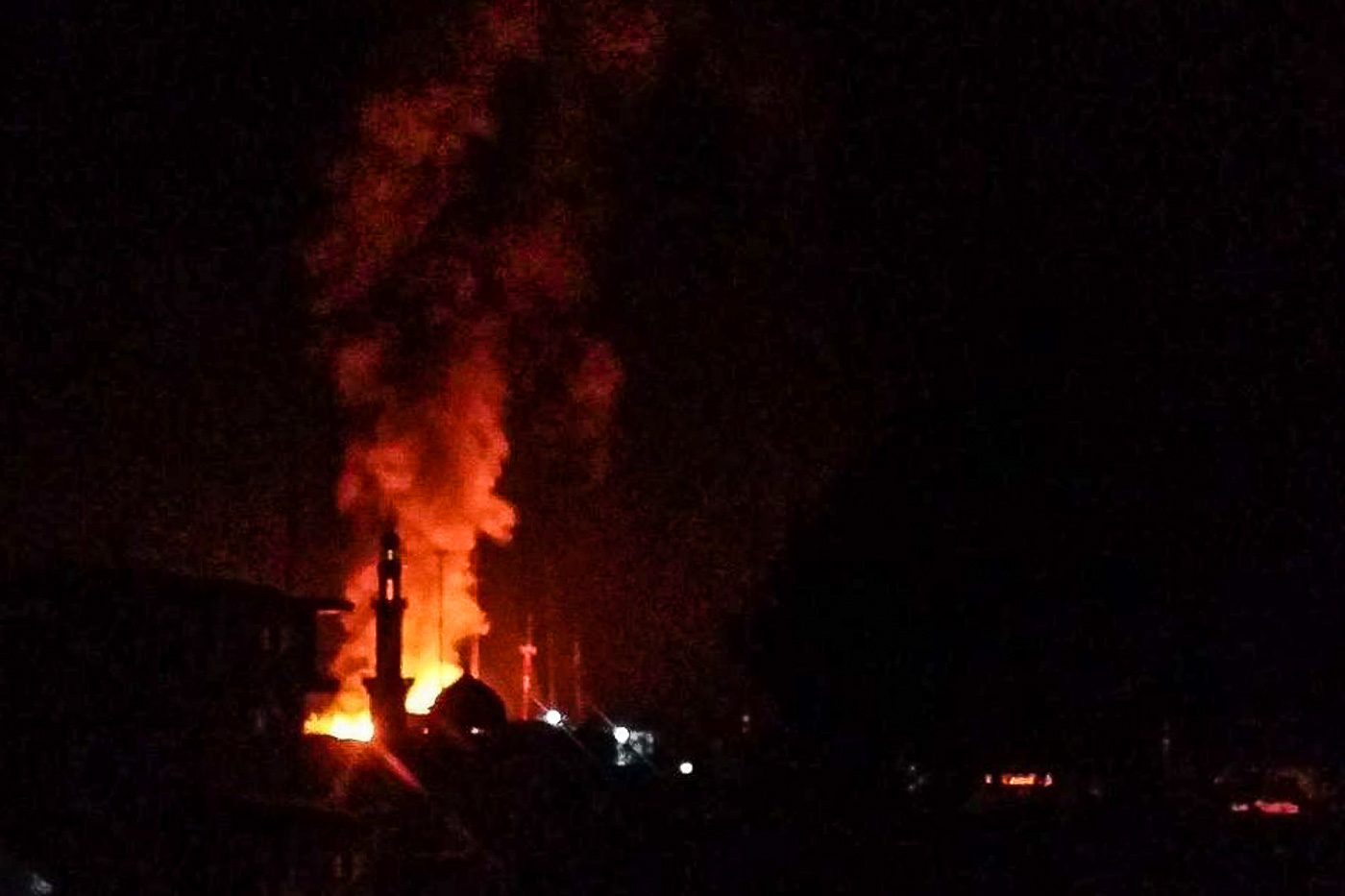
Marawi City in Mindanao is still reeling from the 2017 siege, and authorities have warned that similar terror threats could hit other parts of the island region. The communist New People’s Army (NPA), meanwhile, continues to maintain its strongholds in Eastern Mindanao amid the stalled peace talks.
There are over 7 months to go before the end of martial law in Mindanao, a region that Albayalde has never been assigned to in his 32 years as a commissioned officer.
Unlike his predecessor who hails from Davao City, Kapampangan Albayalde has spent most of his police career either in Metro Manila, or in his home region of Central Luzon.
This doesn’t mean that Albayalde hasn’t had experience in handling such conflicts.
In his early years as a SAF commando, Albayalde was assigned to Palawan. He told Rappler that the problems in the province then were the Moro Islamic Liberation Front (MILF), Moro National Liberation Front (MNLF), and the NPA.
5. Politics in the new post
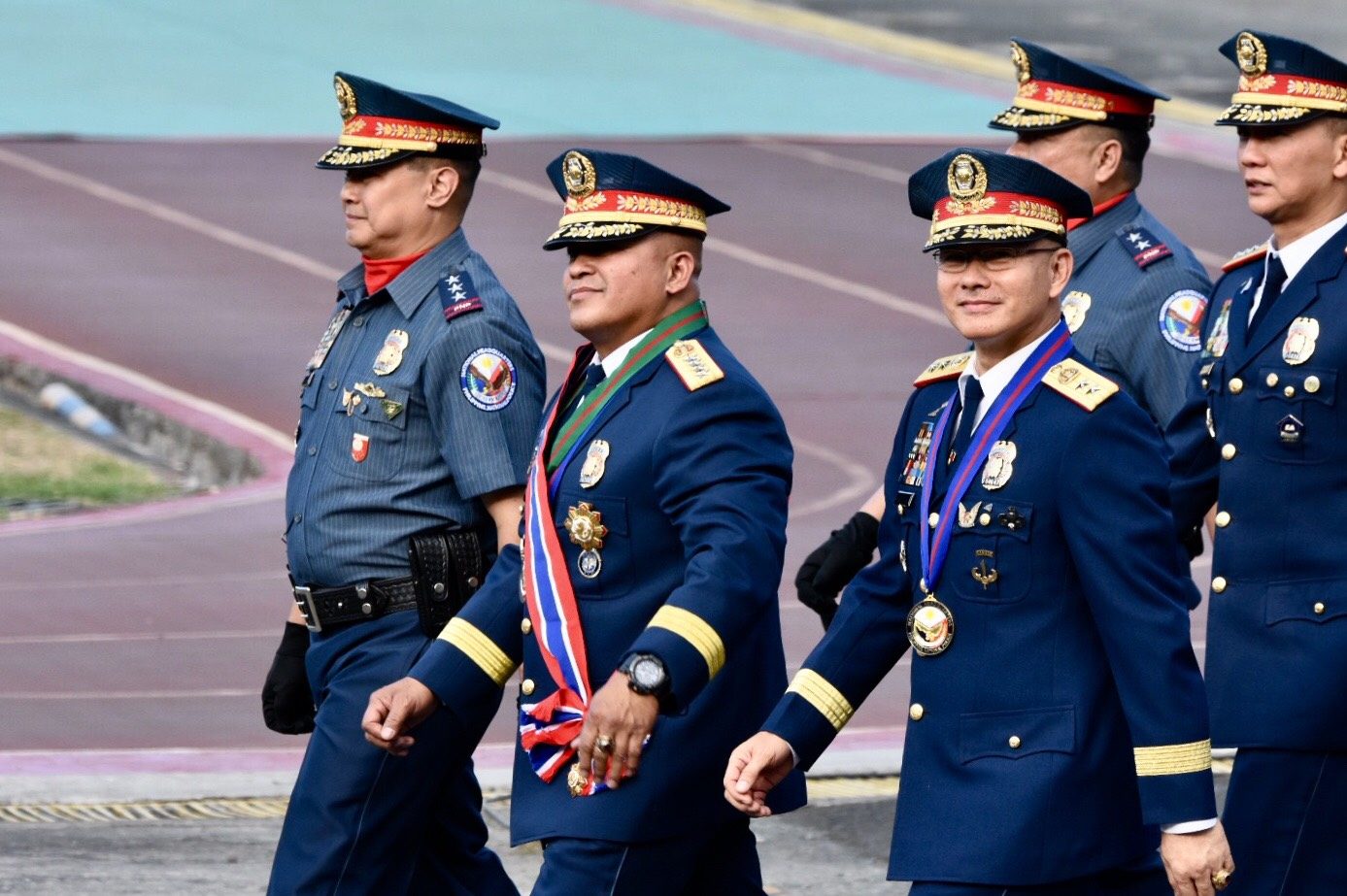
“It’s not my cup of tea,” Albayalde once said, referring to politics. It will, however, inevitably crop up now that he’s the top cop.
The minute it was announced that Albayalde would be the next PNP chief, observers wondered: What would happen to the PNP’s top officials? Who would more likely be promoted now?
When Dela Rosa – who was then deemed young – was promoted to PNP chief, he understandably brought his classmates from the Philippine Military Academy (PMA) Sinagtala Class of 1986 to take hold of key positions. One of them was Albayalde.
There was also another common ground for many of Dela Rosa’s picks – they came from or worked in Davao.
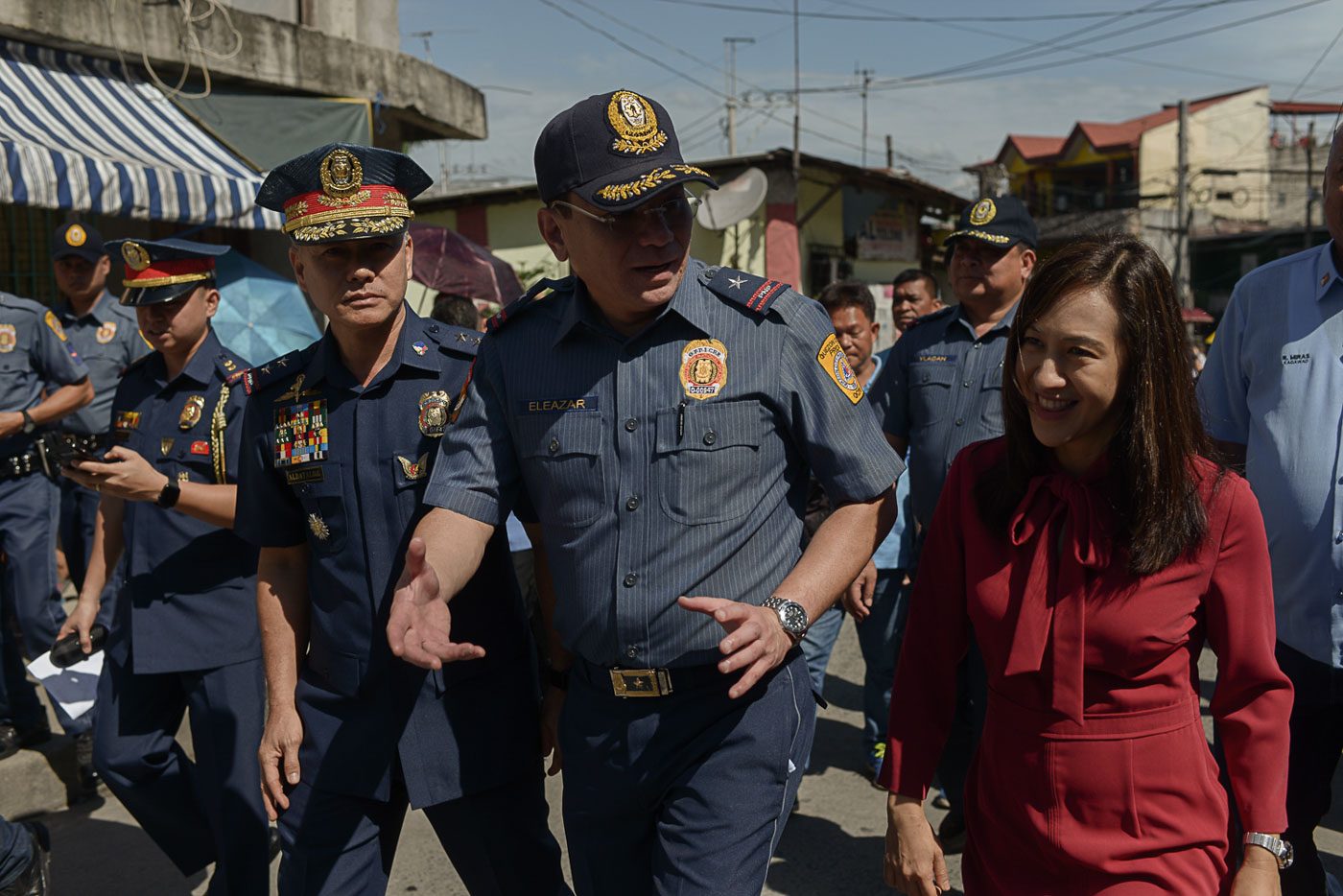
Will Albayalde pursue the pattern? “There is always pressure within classmates,” he said in a television interview.
“[But] I do not decide on my own. I have what we call an oversight committee. We deliberate on the performance of cops, even classmates,” he added in a mix of English and Filipino.
Before leading the Metro Manila police force, Albayalde had served as acting Pampanga provincial police chief.
Now, his area of responsibility stretches over the entire archipelago. In Malacañang, he’ll get grouped with the President’s trusted officials, sans the Davao or San Beda connection.
Albayalde “does not owe anyone” his promotion, Duterte said. He was appointed solely for his credentials.
Will these be enough for the next year and a half? – Rappler.com
Add a comment
How does this make you feel?
There are no comments yet. Add your comment to start the conversation.